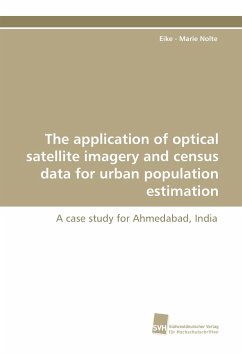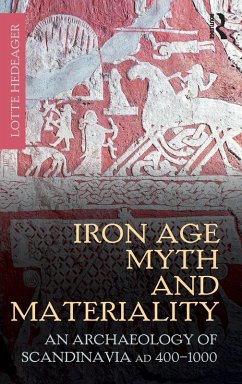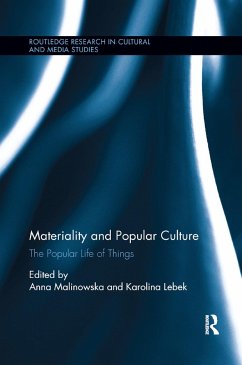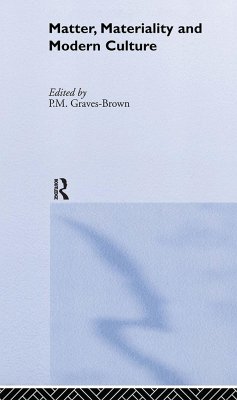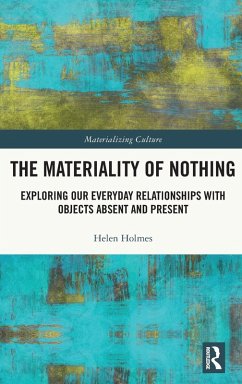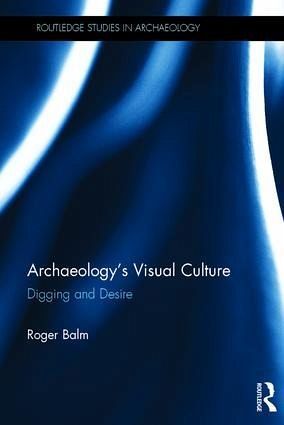
Archaeology's Visual Culture
Digging and Desire
Versandkostenfrei!
Versandfertig in 1-2 Wochen
177,99 €
inkl. MwSt.
Weitere Ausgaben:

PAYBACK Punkte
89 °P sammeln!
Archaeology's Visual Culture explores archaeology through the lens of visual culture theory. The insistent visuality of archaeology is a key stimulus for the imaginative and creative interpretation of our encounters with the past. Balm investigates the nature of this projection of the visual, revealing an embedded subjectivity in the imagery of archaeology and acknowledging the multiplicity of meanings that cohere around artifacts, archaeological sites and museum displays. Using a wide range of case studies, the book highlights how archaeologists can view objects and the consequences that ensu...
Archaeology's Visual Culture explores archaeology through the lens of visual culture theory. The insistent visuality of archaeology is a key stimulus for the imaginative and creative interpretation of our encounters with the past. Balm investigates the nature of this projection of the visual, revealing an embedded subjectivity in the imagery of archaeology and acknowledging the multiplicity of meanings that cohere around artifacts, archaeological sites and museum displays. Using a wide range of case studies, the book highlights how archaeologists can view objects and the consequences that ensue from these ways of seeing. Throughout the book Balm considers the potential for documentary images and visual material held in archives to perform cultural work within and between groups of specialists. With primary sources ranging from the mid-nineteenth to the early twenty-first century, this volume also maps the intellectual and social connections between archaeologists and their peers. Geographical settings include Britain, Cyprus, Mesoamerica, the Middle East and the United States, and the sites of visual encounter are no less diverse, ranging from excavation reports in salvage archaeology to instrumentally derived data-sets and remote-sensing imagery. By forensically examining selected visual records from published accounts and archival sources, enduring tropes of representation become apparent that transcend issues of style and reflect fundamental visual sensibilities within the discipline of archaeology.






